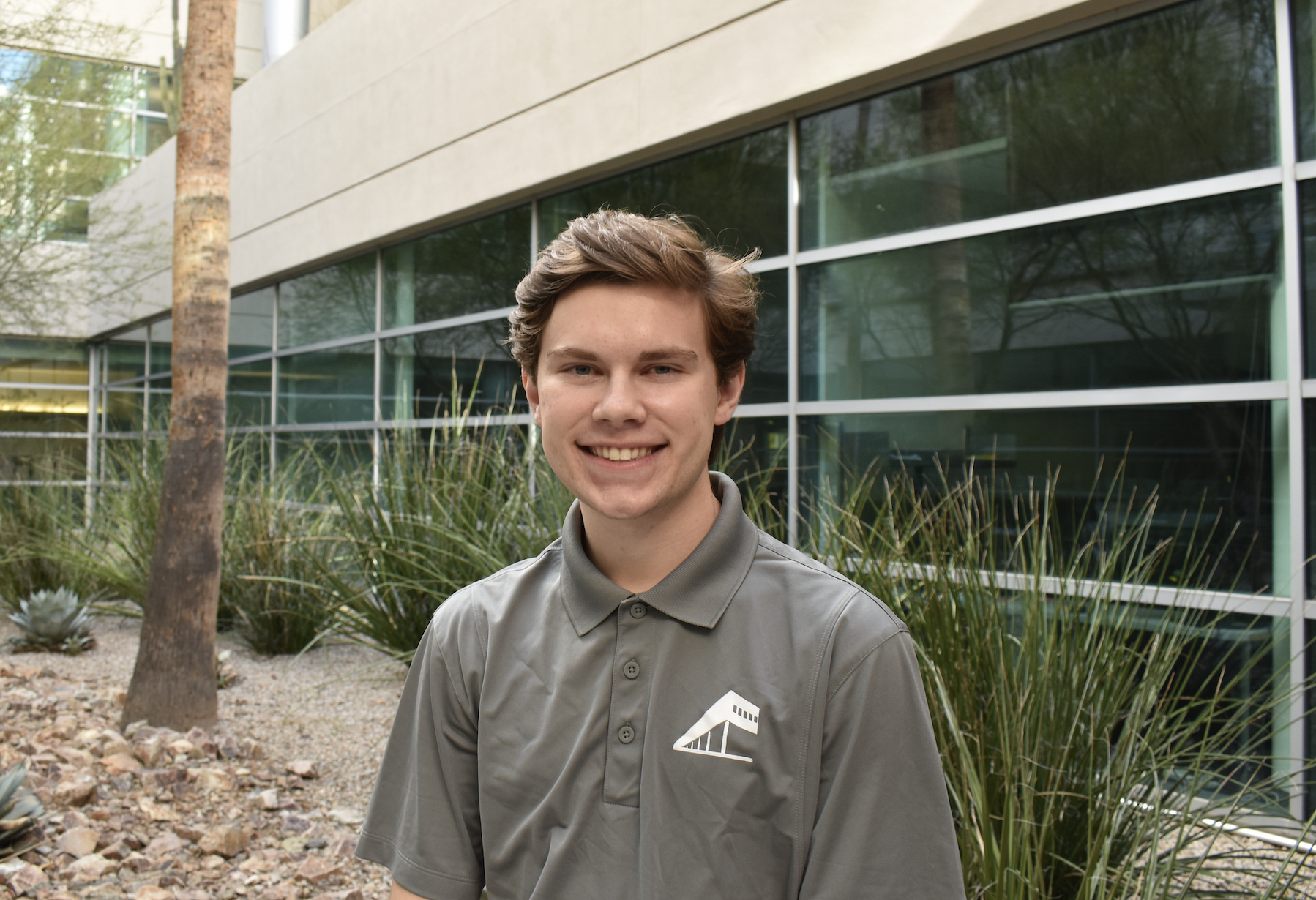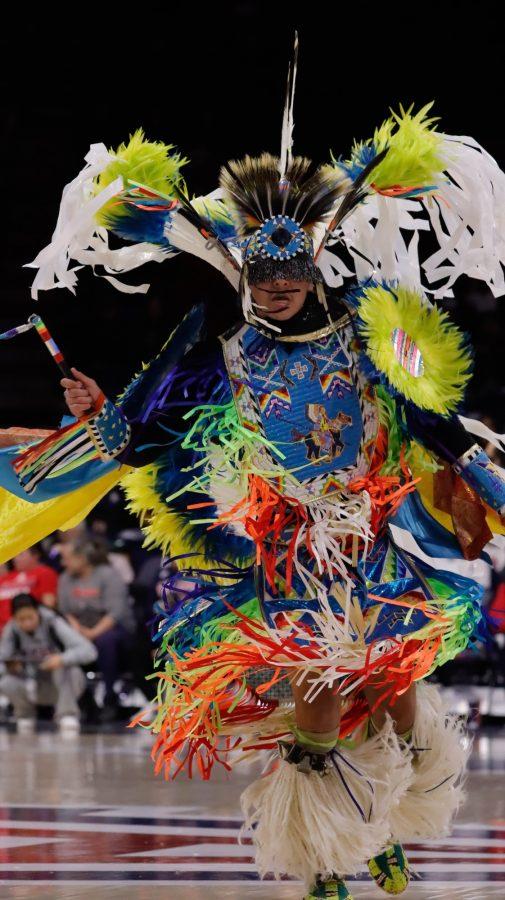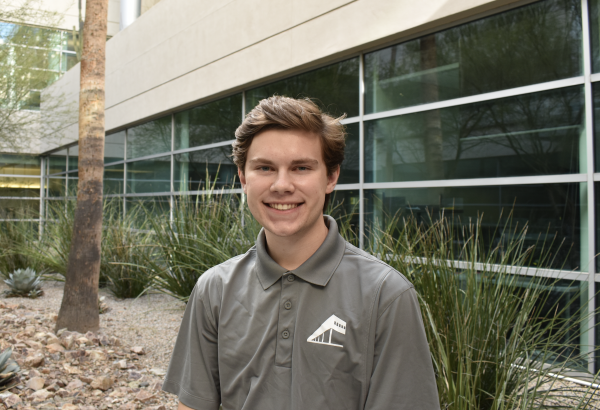Arizona’s Secretary of State Katie Hobbs was recently elected to be the next governor of Arizona, defeating Republican opponent Kari Lake. As she takes on this new position and responsibility, there are many hot topics she is focusing on in Arizona, such as abortion, immigration and voting rights. Hobbs also has excellent and lengthy plans for collaborating with tribal communities in Arizona. Ensuring that these ideas are implemented is the biggest step for the next Governor if she wants to ensure tribal communities have a larger voice in the state’s political processes.
Indigenous communities have historically been excluded and overlooked in elections. Despite the Indian Citizenship Act of 1924, those living on reservations continued to be denied the right to vote. In fact, it wasn’t until 1948 that Arizona recognized the right of Native Americans to vote. While this seems like progress that was made a long time ago, voter suppression is still targeting these communities.
Many laws that make voting harder still take direct aim at Native Americans. There is a lack of investment in voting infrastructure on reservations, and many ballot drop boxes and election offices are located miles from where reservations are. Politicians seem to also lack an awareness of how long these communities have lived in their own states. Lake herself even tweeted that she was in the fight for governor to preserve Western heritage and the spirit of the cowboys, evidently voiding the history and heritage of the indigenous communities within Arizona.
Governor-elect Hobbs has displayed an interest in uplifting Native Americans in Arizona and ensuring that her administration works collaboratively with these communities. She plans to increase engagement with tribal leaders regarding policymaking and hire a dedicated Tribal Policy Advisor to help solve problems that affect both tribal nations and the state as a whole.
Hobbs also has lengthy plans to increase accessibility to the right to vote and encourage those on reservations to participate in elections. Other plans include expanding educational opportunities, creating a fairer justice system and combating extreme weather and droughts. These diverse plans show her interest in expanding relationships with Native communities and differ from some of the current Governor’s policies. Governor Doug Ducey and Republicans in Arizona created voter restriction policies in early 2021 after the 2020 election. Navajo Nation President Jonathan Nez claimed that the actions and policies of Governor Ducey and other Republicans did not recognize the unique challenges Native Americans face when it comes to voting, such as the long drives to polls and unreliable mail systems. It is obvious that Hobbs is trying to do something different.
RELATED: OPINION: President Biden’s marijuana pardon should signal states to make reform
While her plans for these policies are great, ensuring they come to fruition under her administration is just as essential as creating the ideas. If she wants to build a collaborative Arizona, she will need to prioritize these goals and not forget these communities like others have. Furthermore, she will also need to hear and listen to Native Americans’ voices when discussing their needs and collaboration. More perspectives expand options and enhance the value of the final policy decisions.
It is yet to be seen how these policy ideas will benefit indigenous communities and what relationship Hobbs will have with tribal leaders. She has an excellent opportunity to demonstrate how to effectively involve these overlooked communities in our current political processes, as well as create a more inclusive state government. Using that opportunity in a way that brings Native voices to the table will benefit all constituents of Arizona.
Follow the Daily Wildcat on Twitter

Luke Lawson (he/him) is a sophomore intending to major in accounting. He enjoys discussing political events, hiking and watching films.










